Home>Garden Essentials>Why Does My Fruit Seed Packet Say Not For Human Consumption
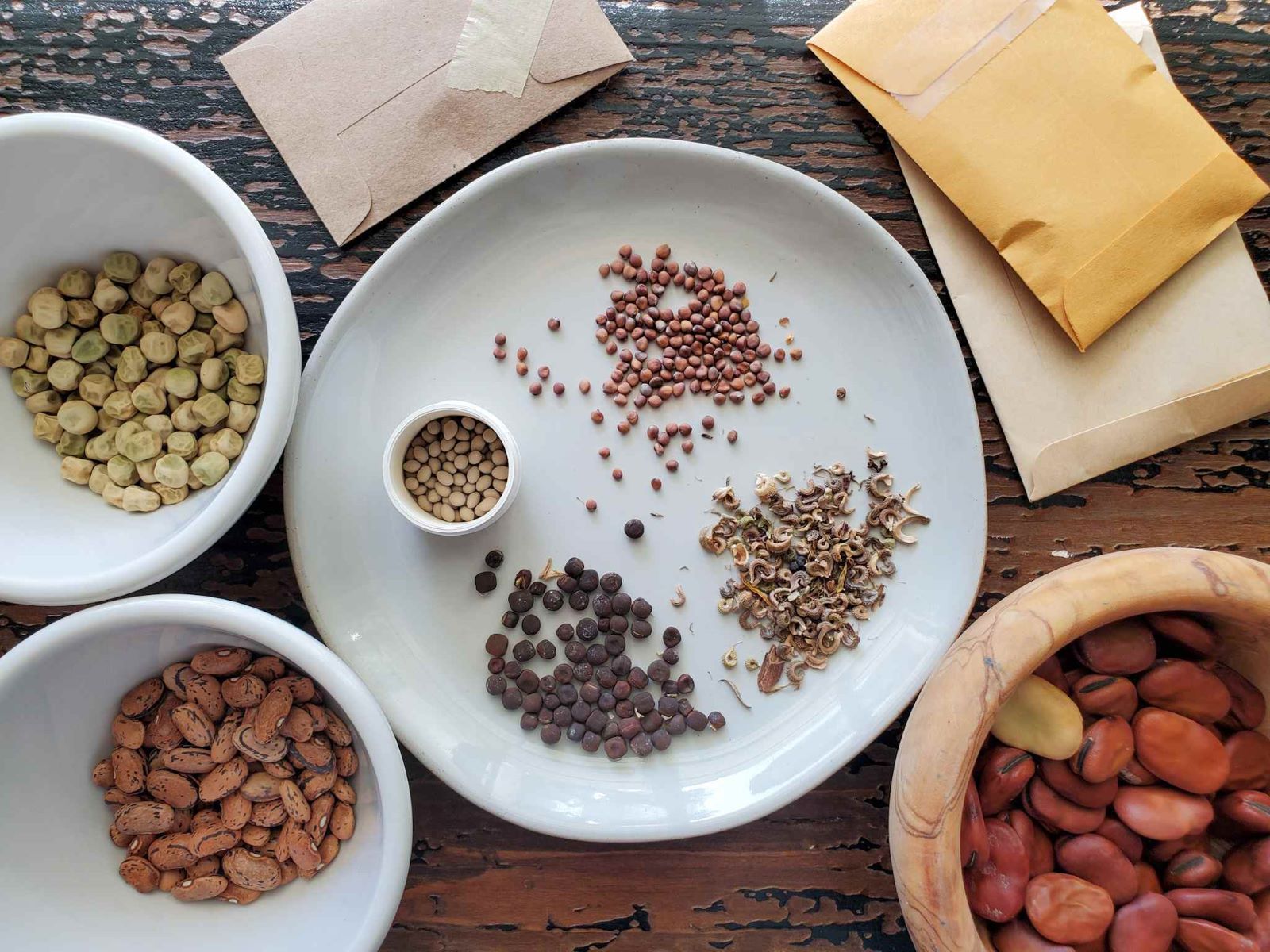

Garden Essentials
Why Does My Fruit Seed Packet Say Not For Human Consumption
Modified: August 27, 2024
Discover why your fruit seed packet says "not for human consumption" and learn about the importance of proper garden practices. Enhance your gardening knowledge today!
(Many of the links in this article redirect to a specific reviewed product. Your purchase of these products through affiliate links helps to generate commission for Storables.com, at no extra cost. Learn more)
Introduction
Purchasing a packet of fruit seeds, only to find a perplexing label stating “Not for Human Consumption,” can leave gardeners scratching their heads. It’s a common sight that raises questions and may even spark concern about the safety of consuming these fruits. So why exactly do some fruit seed packets come with this rather puzzling warning?
Understanding the reasoning behind such labeling requires delving into various factors, including regulations, potential health risks, and misconceptions. While it’s important to take these warnings seriously, it’s equally crucial to separate fact from fiction and make informed decisions about the fruits we grow and consume.
In this article, we will explore the reasons behind the “Not for Human Consumption” label on some fruit seed packets. We’ll consider the legality and regulations surrounding the label, potential health risks associated with consuming certain fruit seeds, and the misconceptions surrounding this warning. By the end, you’ll have a clearer understanding of why some fruit seed packets bear this cautionary label.
So if you’ve ever found yourself wondering why your fruit seed packet discourages human consumption, it’s time to dig deeper and gain a deeper knowledge of this intriguing subject. Let’s uncover the truth behind these warning labels and grow our understanding of the fruits we love to cultivate.
Key Takeaways:
- Fruit seed packets are labeled “Not for Human Consumption” to remind us that the seeds are for planting, not eating. This helps prevent potential health risks and ensures legal compliance.
- Not all fruit seeds are toxic, but it’s best to enjoy the fruit flesh and leave the seeds for planting. If you’re curious about eating fruit seeds, look for varieties labeled as “Food Grade” and seek professional advice.
Read more: Why Does My Printer Say “Blocked”
Understanding the Labeling
The “Not for Human Consumption” label on fruit seed packets may seem alarming at first glance, but it’s essential to understand its purpose and context. This cautionary message is primarily intended to inform consumers that the seeds themselves are not meant to be ingested directly, rather than implying that the resulting fruit is unsafe to eat.
It’s important to note that the warning does not necessarily imply that the seeds are toxic or harmful to humans. Instead, it serves as a reminder that the seed packet is intended for planting and growing purposes only. Seeds are often treated with chemicals or undergo specific processing methods to promote germination and enhance their viability, which may render them unsuitable or unsafe for direct consumption.
Additionally, the labeling is influenced by legal considerations. Some countries and regions have strict regulations regarding the sale and distribution of certain seeds intended for human consumption. The “Not for Human Consumption” label helps companies comply with these regulations to ensure that seeds are not accidentally or misguidedly consumed by individuals who may be unaware of the potential risks.
Furthermore, the labeling also serves a practical purpose. Fruit seeds are typically small and can present a choking hazard if swallowed directly. By including the warning, seed companies aim to prevent any potential accidents or health risks associated with ingesting the seeds without proper preparation or understanding.
It’s essential to differentiate between seeds labeled as “Not for Human Consumption” and those labeled as “Food Grade.” Food grade seeds are specifically processed and tested to meet rigorous standards for human consumption. These seeds undergo thorough testing and meet specific requirements to guarantee their safety and quality for eating.
In summary, the “Not for Human Consumption” labeling on fruit seed packets is primarily an indication of the intended use of the seeds for planting and growing, rather than a reflection of the safety or toxicity of the resulting fruit. It provides a vital reminder to consumers that the seeds are not meant to be eaten directly and serves as a precautionary measure to prevent any potential health risks or legal issues. Understanding the labeling helps ensure that we use and consume seeds in a safe and appropriate manner.
Legality and Regulations
The inclusion of the “Not for Human Consumption” warning on fruit seed packets is often driven by legal considerations and regulations surrounding the sale and distribution of seeds. Different countries and regions have specific laws in place to ensure the safety and integrity of agricultural products. Let’s delve deeper into the legality and regulations associated with these warnings.
One major aspect of these regulations is the requirement for seed companies to accurately label their products. This includes providing clear information regarding the intended use of the seeds and any potential hazards associated with them. By labeling certain fruit seeds as “Not for Human Consumption,” companies are adhering to these regulations and ensuring compliance with legal standards.
In some cases, specific fruit varieties or cultivars may be subject to regulations that necessitate such labeling. These regulations may be based on factors like the potential presence of certain contaminants, the use of specific agricultural treatments, or concerns related to cross-pollination and the spread of genetically modified organisms (GMOs).
Additionally, regulatory bodies often have strict criteria for the labeling and sale of seeds categorized as “food grade” or suitable for human consumption. These criteria may involve rigorous testing and certification processes to ensure that the seeds meet the standards required for safe consumption. If a seed does not meet these criteria, it may be labeled as “Not for Human Consumption” to prevent any confusion or misinterpretation.
It’s crucial to follow these regulations and respect the cautionary warnings on seed packets. Failure to comply with these regulations can lead to legal consequences and potential harm to individuals who inadvertently consume seeds that are not intended for human consumption.
Understanding the legality and regulations surrounding the labeling of fruit seeds can help gardeners and consumers make informed choices. It is essential to follow the guidelines provided by regulatory bodies and ensure that the seeds we purchase and consume align with the necessary safety standards. By doing so, we can contribute to a safer and more sustainable gardening and agricultural industry.
Potential Health Risks
The inclusion of the “Not for Human Consumption” warning on fruit seed packets raises questions about the potential health risks associated with consuming these seeds. While it’s important to take these warnings seriously, it’s also essential to understand the specific risks involved.
One primary concern with consuming certain fruit seeds is their chemical composition. Some seeds may contain compounds that are toxic or harmful to humans if ingested in large quantities. For example, apple seeds contain amygdalin, a compound that can release cyanide when metabolized in the body. While the amount of cyanide in a few apple seeds is usually not enough to cause harm, consuming a large number of seeds may pose a risk.
Another potential health risk lies in the treatment or processing methods that some seeds undergo. Seeds are often treated with fungicides, insecticides, or other chemicals to protect them from pests and diseases. These treatments, although necessary for successful germination and growth, could pose health risks if the seeds are consumed directly without proper washing or preparation.
Furthermore, some seeds may have physical characteristics that can pose a choking hazard or cause damage if ingested. Small seeds like those found in berries can be easily lodged in the throat, leading to choking incidents, especially in young children or individuals with swallowing difficulties. Ingesting seeds with hard outer coatings, such as cherry pits, could potentially cause dental damage or gastrointestinal issues if not properly handled.
It’s important to note that the potential health risks associated with consuming fruit seeds can vary depending on the specific seed type and individual factors. Some seeds may have negligible risks when consumed in moderation, while others may pose more significant concerns. It is vital to conduct research and exercise caution when considering the consumption of any fruit seeds.
To mitigate potential health risks, it is generally recommended to avoid consuming seeds labeled as “Not for Human Consumption” and instead focus on consuming the flesh of the fruit itself. Prioritize fruits that are known to be safe and commonly consumed, and consult reliable sources for guidance on seed consumption. When in doubt, it is always best to err on the side of caution and seek advice from professionals in the field.
By being aware of the potential health risks associated with consuming certain fruit seeds, we can make informed decisions and ensure the safety of ourselves and our loved ones when it comes to incorporating fruit into our diets.
Do not eat the seeds from fruit seed packets as they may be treated with chemicals or pesticides that are not safe for human consumption. Always buy seeds specifically labeled for eating.
Reasons for the Warning
The “Not for Human Consumption” warning on fruit seed packets serves as a precautionary measure for several reasons. Let’s explore some of the main reasons behind this warning and why it is necessary.
1. Chemical Composition: Certain fruit seeds contain compounds that can be toxic or harmful in high amounts. For example, apple seeds contain amygdalin, which can release cyanide when metabolized. Although the small amount of cyanide in a few apple seeds is usually not a concern, consuming a large number of seeds may pose a risk to health. The warning ensures that people are aware of the potential dangers associated with consuming certain fruit seeds.
2. Agricultural Treatments: To promote successful germination and growth, fruit seeds are often treated with fungicides, insecticides, or other chemicals. These treatments help protect the seeds from pests and diseases. However, the residue of these chemicals may remain on the seeds, making them unsuitable for direct consumption. The warning reminds consumers to use the seeds for their intended purpose of planting and growing, rather than consuming them directly.
3. Choking and Dental Hazards: Some fruit seeds, especially smaller ones, can pose a choking hazard, particularly for young children or individuals with swallowing difficulties. Ingesting seeds with hard outer coatings, such as cherry pits, may also cause dental damage. The warning alerts consumers to the potential risks associated with consuming these seeds and encourages them to exercise caution.
4. Legal and Regulatory Compliance: The inclusion of the warning on fruit seed packets ensures compliance with legal and regulatory requirements. Different countries and regions have specific laws and regulations concerning the sale and distribution of certain seeds. By clearly labeling the packets as “Not for Human Consumption,” seed companies fulfill their legal obligations and prevent any accidental or inappropriate consumption of the seeds.
5. Preventing Misleading Consumption: The warning also aims to prevent misleading consumption. Some fruit seeds may resemble other edible seeds, leading individuals to assume they are safe to eat. By labeling the seeds as unsuitable for human consumption, any confusion or misinterpretation is minimized, and consumers are prompted to seek proper information and guidance regarding seed usage.
It’s worth noting that while some fruit seeds may not be suitable for direct consumption, the fruit itself is typically safe and nutritious. Enjoying the juicy flesh of the fruit without consuming the seeds is the recommended approach.
By providing a clear and visible warning, seed companies and regulatory bodies strive to prioritize consumer safety and ensure that individuals understand the potential risks associated with consuming certain fruit seeds. This knowledge enables wise decision-making and responsible use of seeds for gardening purposes.
Read more: Why Does My Sawgrass Printer Say Offline
Misconceptions and Advice
Misconceptions about the “Not for Human Consumption” warning on fruit seed packets are not uncommon. It’s essential to address these misconceptions and provide accurate advice to ensure a better understanding of the warning and its implications. Let’s debunk some of these misconceptions and offer helpful guidance.
1. All fruit seeds are toxic: This is a common misconception that stems from the presence of certain compounds in specific fruit seeds. While it’s true that some fruit seeds contain potentially harmful substances, not all seeds are toxic. Many fruit seeds pose little to no threat when consumed in moderation. However, it’s important to thoroughly research the specific fruit seed in question before considering its consumption.
2. The warning applies to the fruit itself: It’s crucial to understand that the “Not for Human Consumption” warning typically pertains to the seeds only and not the fruit itself. The flesh of the fruit is generally safe and nutritious for consumption. It’s important to separate the seeds from the fruit and focus on incorporating the edible part into a healthy diet.
3. Natural means safe: Just because a fruit seed is natural does not automatically mean it’s safe for consumption. Natural compounds can still be harmful or toxic in large amounts. Always exercise caution, conduct research, and consult reliable sources before considering the consumption of any fruit seed.
4. Consuming a few seeds is dangerous: While certain fruit seeds may contain compounds that can be harmful in large quantities, the consumption of a few seeds is usually not a cause for concern. It’s important to keep quantities in perspective and avoid ingesting a large number of seeds. Moderation is key when it comes to consuming fruit seeds.
5. Advice for seed consumption: If you’re interested in consuming fruit seeds, it’s recommended to opt for varieties labeled as “food grade” or “suitable for human consumption.” These seeds have undergone specific testing and meet safety standards for direct consumption. Additionally, thoroughly wash and clean the seeds before eating them to remove any potential chemical residue.
6. Seek professional advice: If you have any doubts or concerns about consuming fruit seeds, it’s best to consult with a healthcare professional, nutritionist, or horticultural expert. They can provide personalized advice based on your specific circumstances and guide you in making safe and informed choices regarding seed consumption.
Always prioritize informed decision-making and educate yourself about the specific fruit seeds you plan to consume. Reliable sources, scientific research, and expert advice are invaluable in navigating the world of fruit seeds and ensuring your health and well-being.
By dispelling these misconceptions and providing accurate advice, we can better understand the reasons behind the warning and make informed choices regarding the consumption of fruit seeds. It’s important to prioritize safety, moderation, and reliable information when it comes to incorporating fruit seeds into our diets.
Conclusion
The “Not for Human Consumption” warning on fruit seed packets may initially raise concerns and questions about the safety of consuming these seeds. However, through understanding the labeling, legality and regulations, potential health risks, reasons for the warning, and dispelling misconceptions, we can gain a clearer perspective on this topic.
It’s important to remember that the warning primarily pertains to the seeds themselves, rather than the fruit they produce. The labeling ensures that consumers are aware of the intended use of the seeds for planting and growing, rather than ingesting them directly. By adhering to this warning, we can avoid potential chemical hazards, choking hazards, and dental risks associated with the consumption of certain fruit seeds.
It’s crucial to differentiate between seeds labeled as “Not for Human Consumption” and those labeled as “Food Grade.” Food grade seeds have undergone rigorous testing and meet specific safety standards for direct consumption. If you have a desire to consume fruit seeds, opt for varieties that are specifically marked as food grade and handle them with proper care and preparation.
Misconceptions surrounding this warning can lead to confusion and misunderstanding. It’s important to recognize that not all fruit seeds are toxic and that natural doesn’t always equate to safe. Research, seek reliable sources, and consult professionals to make informed decisions about seed consumption and prioritize your health and well-being.
Ultimately, the warning is in place to ensure consumer safety and regulatory compliance. It helps companies meet legal obligations and prevents unintentional or misguided consumption of seeds. By respecting this warning and using seeds for their intended purpose, we contribute to a safer and more responsible gardening and agricultural industry.
As you embark on your gardening journey, remember to focus on the delicious and nutritious fruit flesh rather than the seeds. Enjoy the bountiful flavors and health benefits that fruits provide, while understanding and respecting the specific guidelines for seed usage.
In conclusion, the “Not for Human Consumption” warning serves as a vital reminder to approach fruit seed consumption with caution and follow the appropriate guidelines. By educating ourselves, dispelling misconceptions, and seeking reliable guidance, we can cultivate a safer and more enjoyable gardening experience. Let’s continue to grow our knowledge and appreciation for the fruits we cultivate while prioritizing our health and well-being.
Frequently Asked Questions about Why Does My Fruit Seed Packet Say Not For Human Consumption
Was this page helpful?
At Storables.com, we guarantee accurate and reliable information. Our content, validated by Expert Board Contributors, is crafted following stringent Editorial Policies. We're committed to providing you with well-researched, expert-backed insights for all your informational needs.
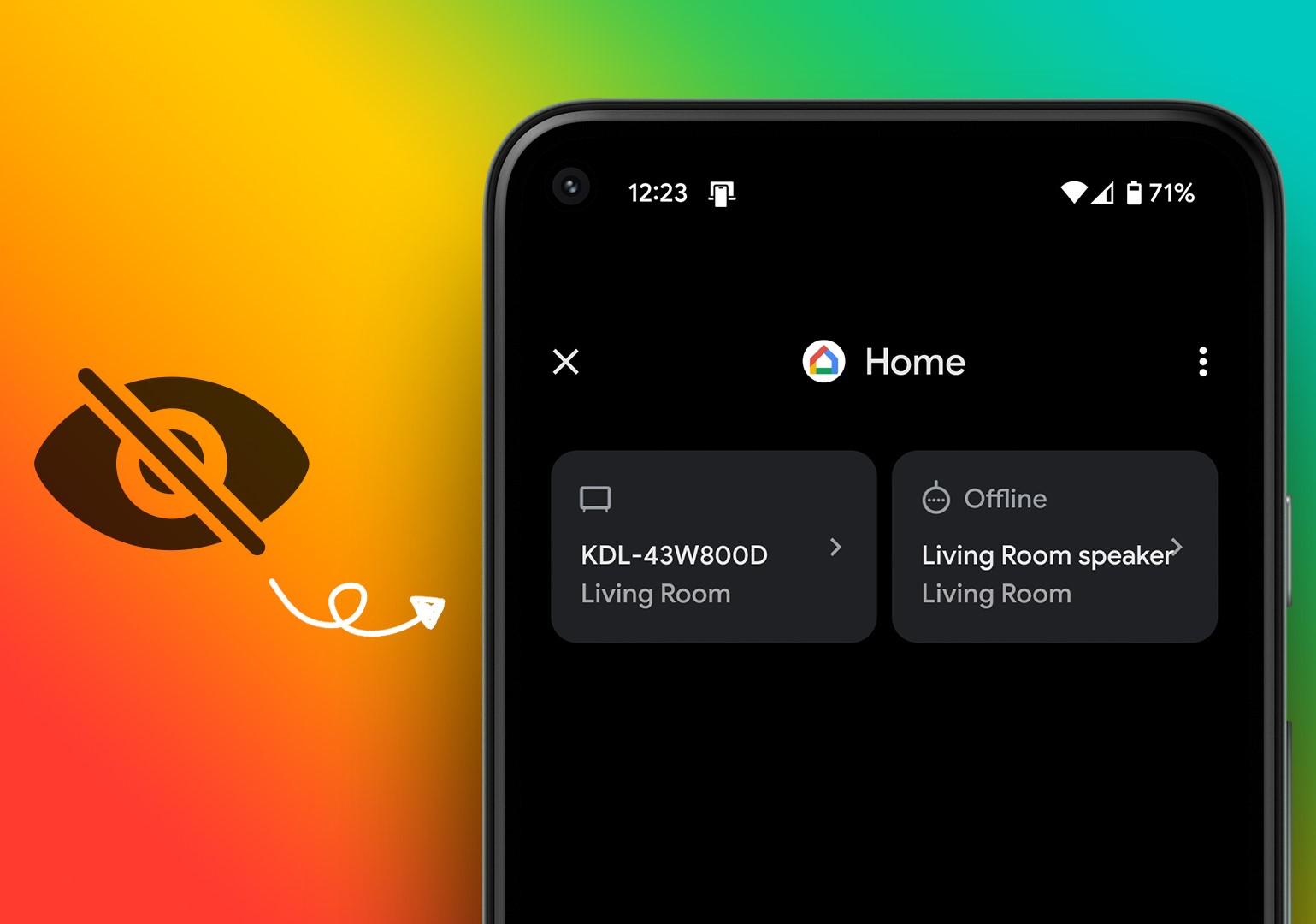

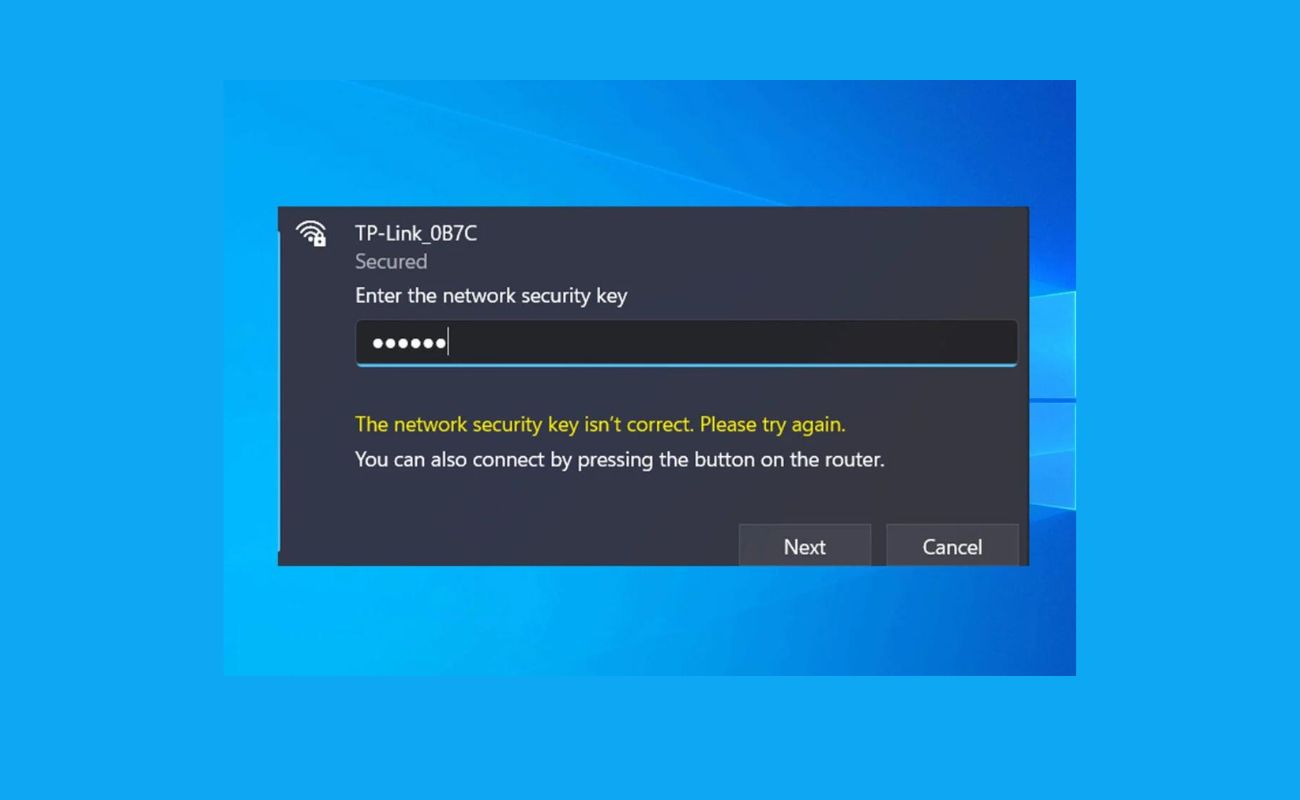
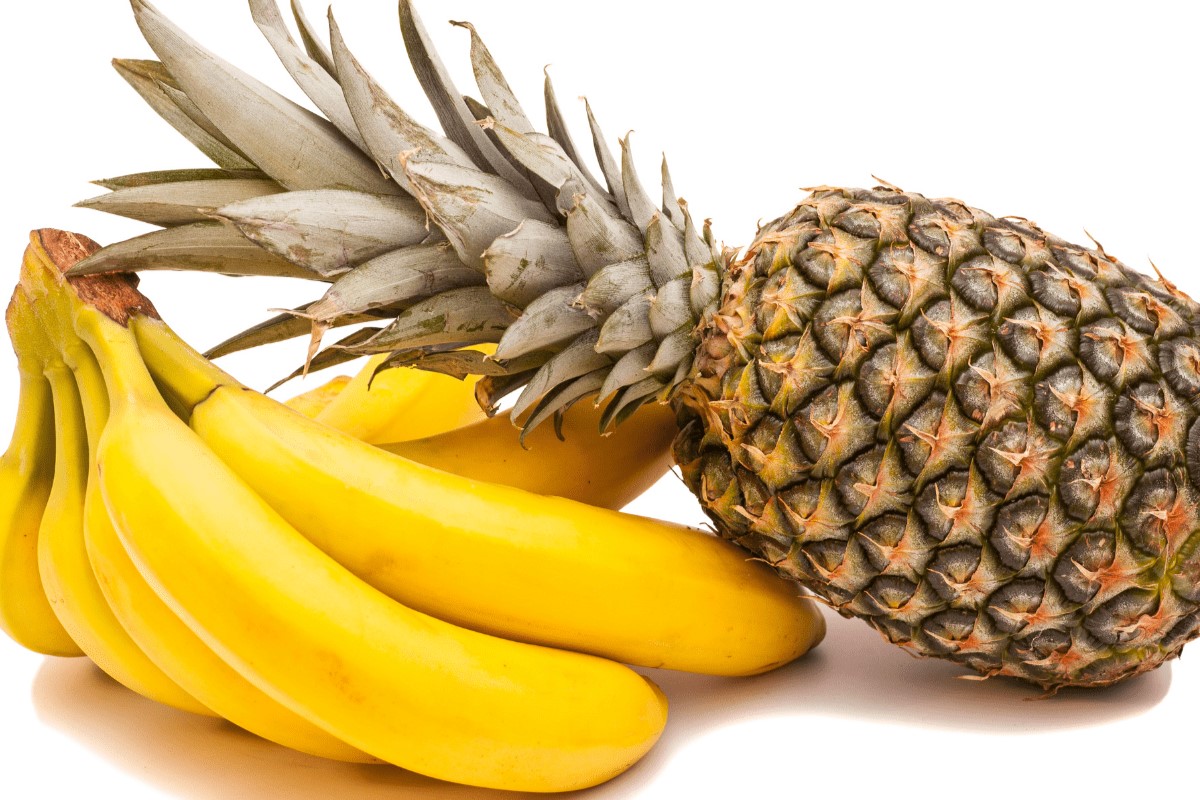


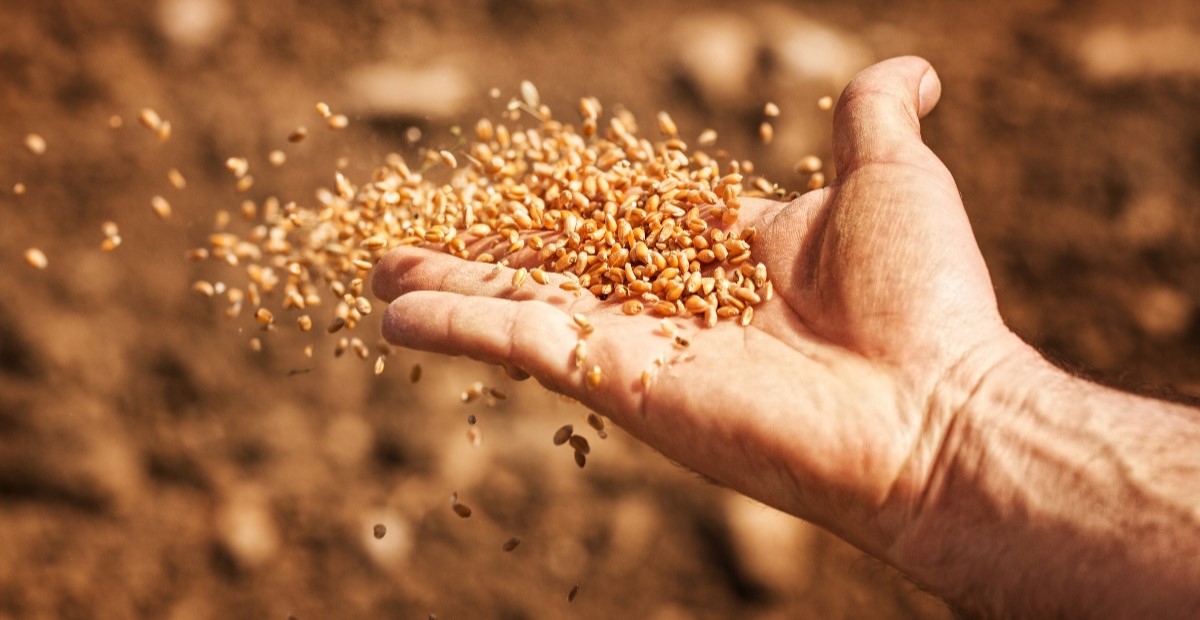


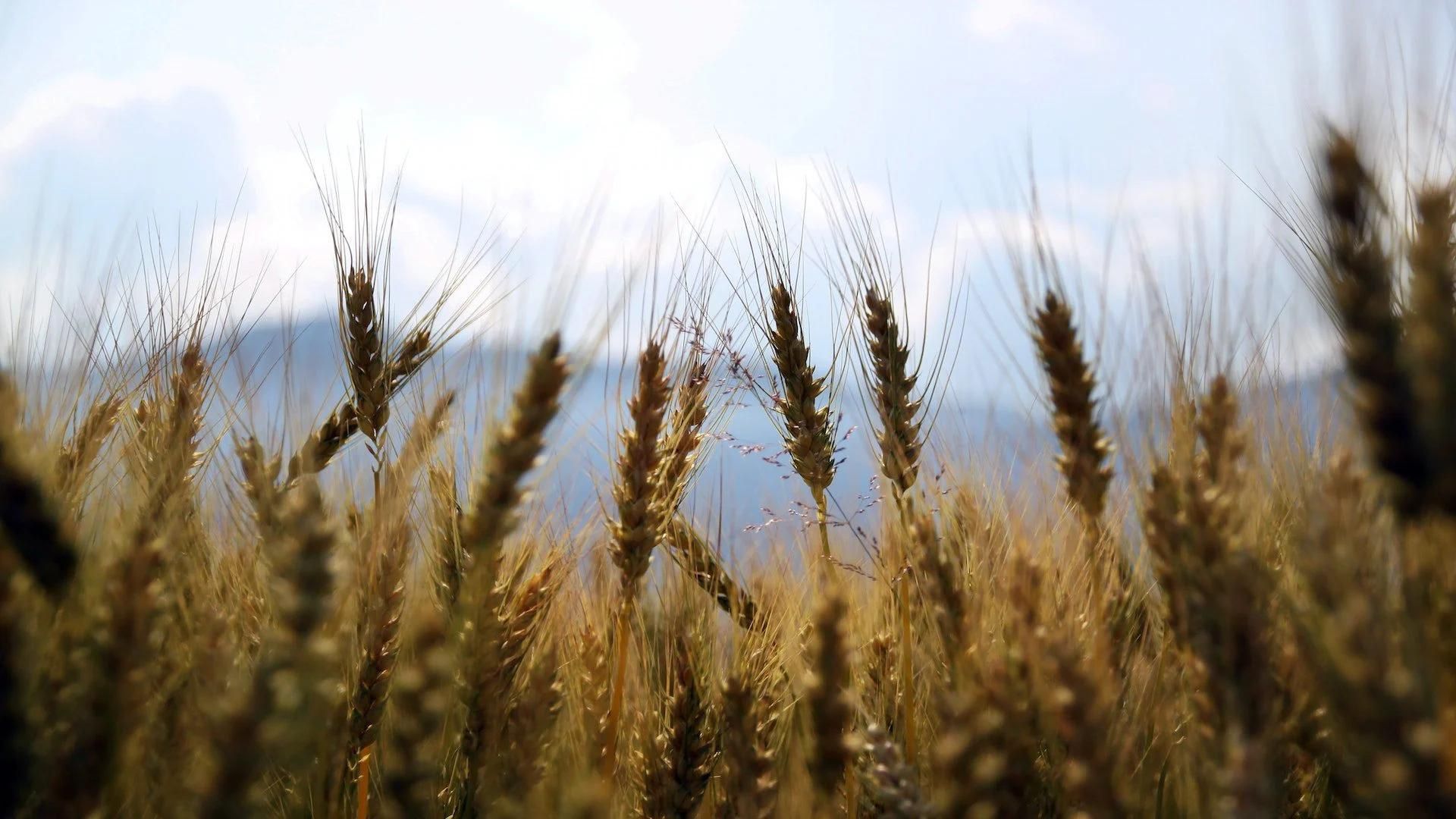
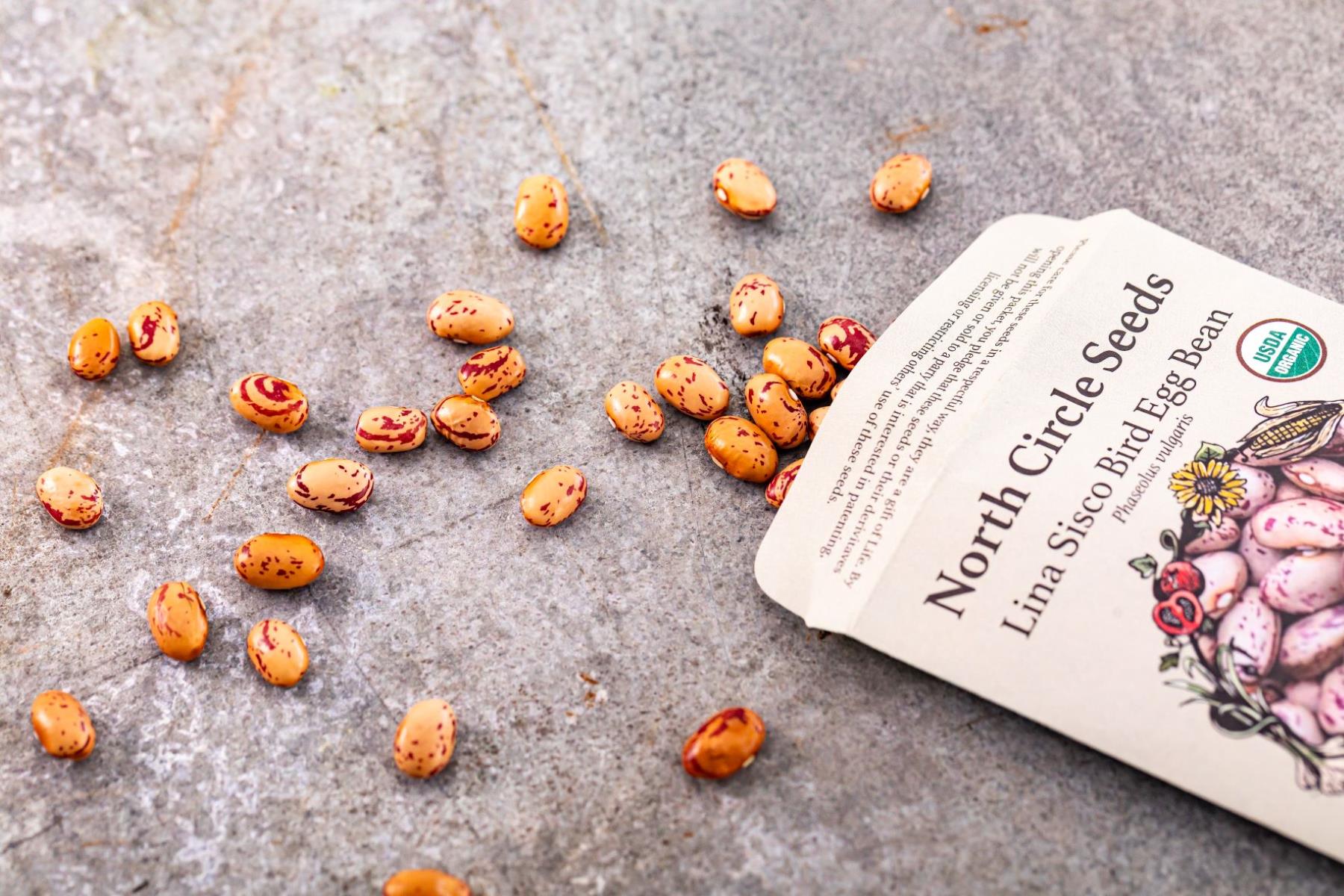
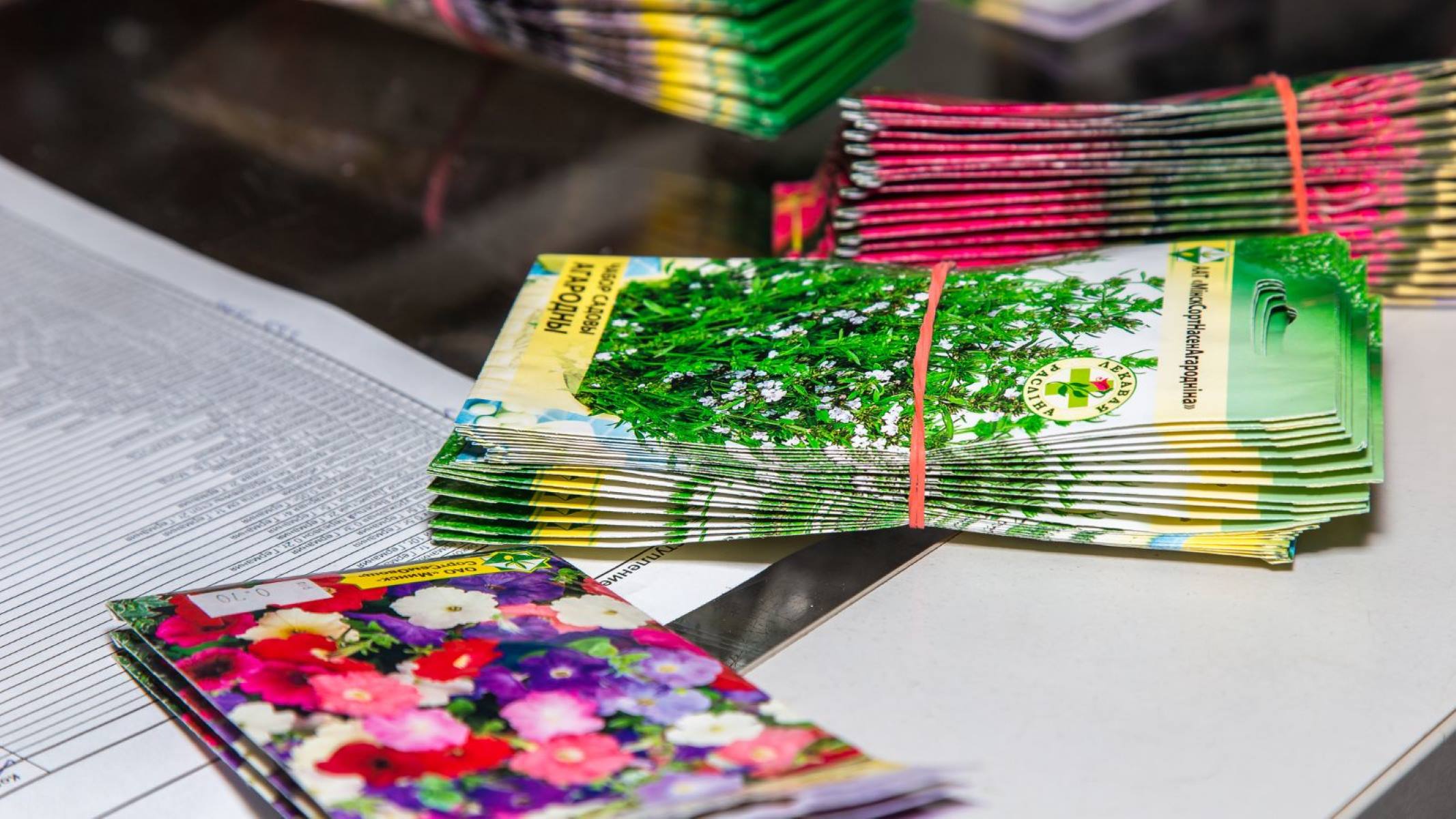
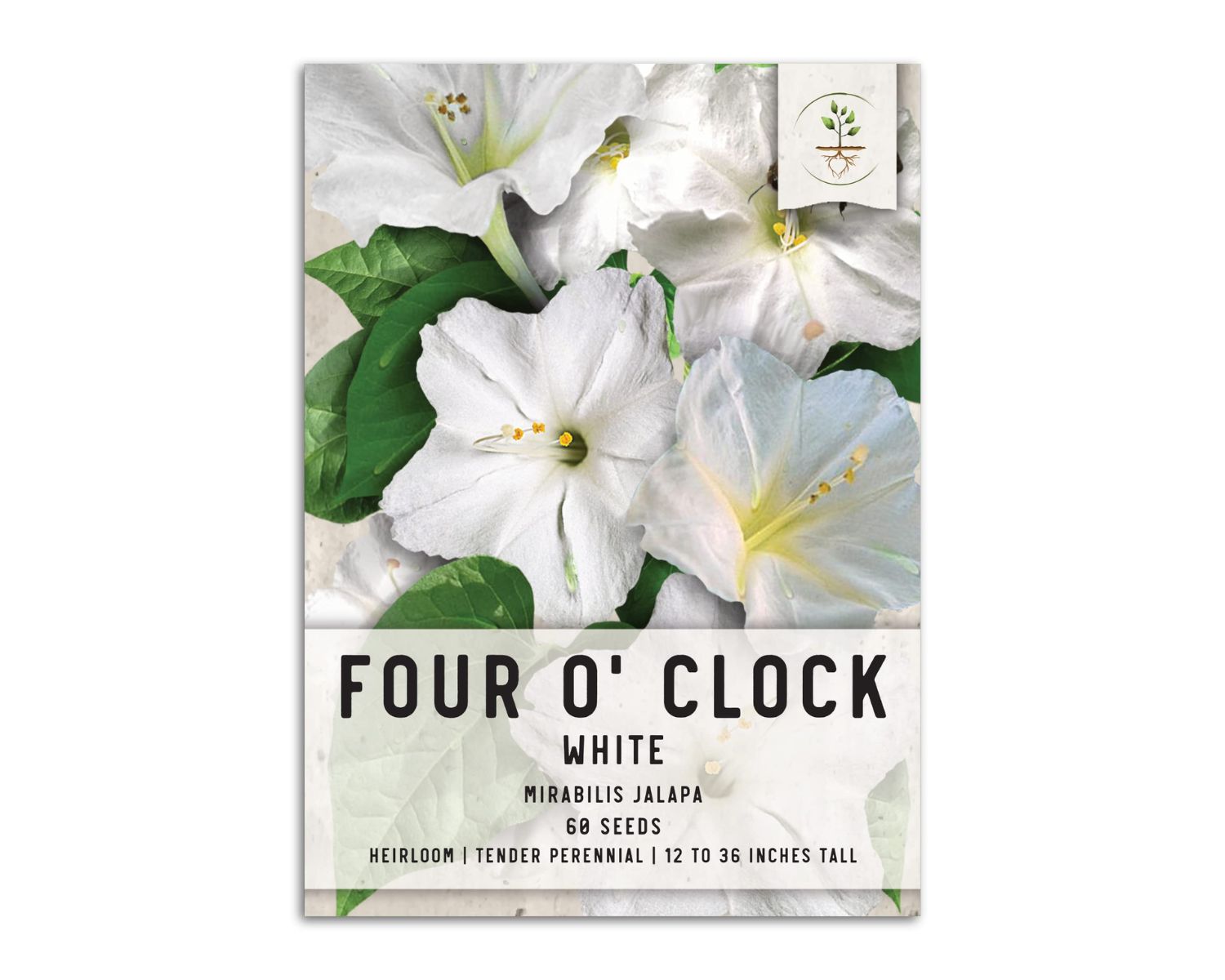
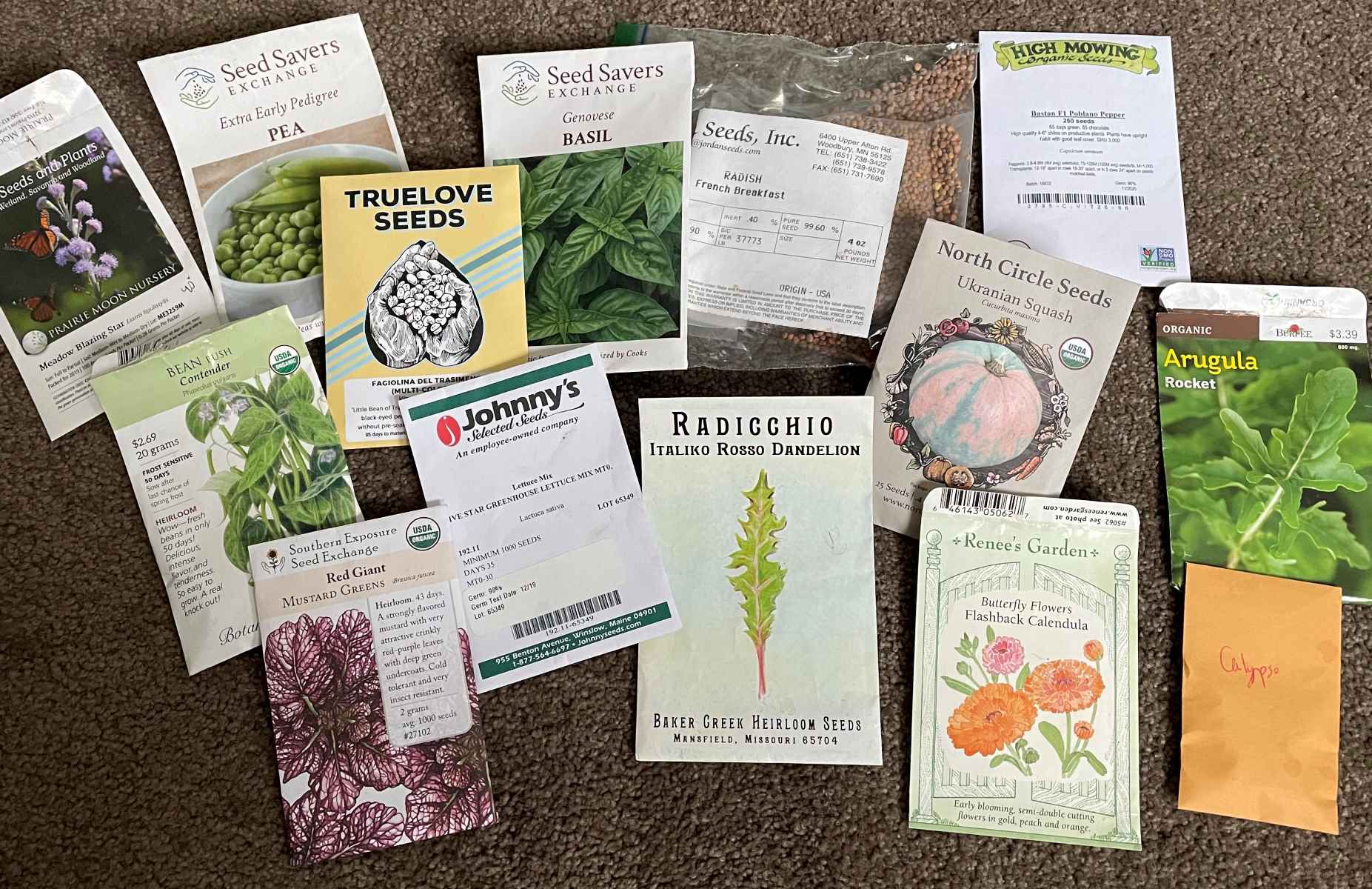

0 thoughts on “Why Does My Fruit Seed Packet Say Not For Human Consumption”